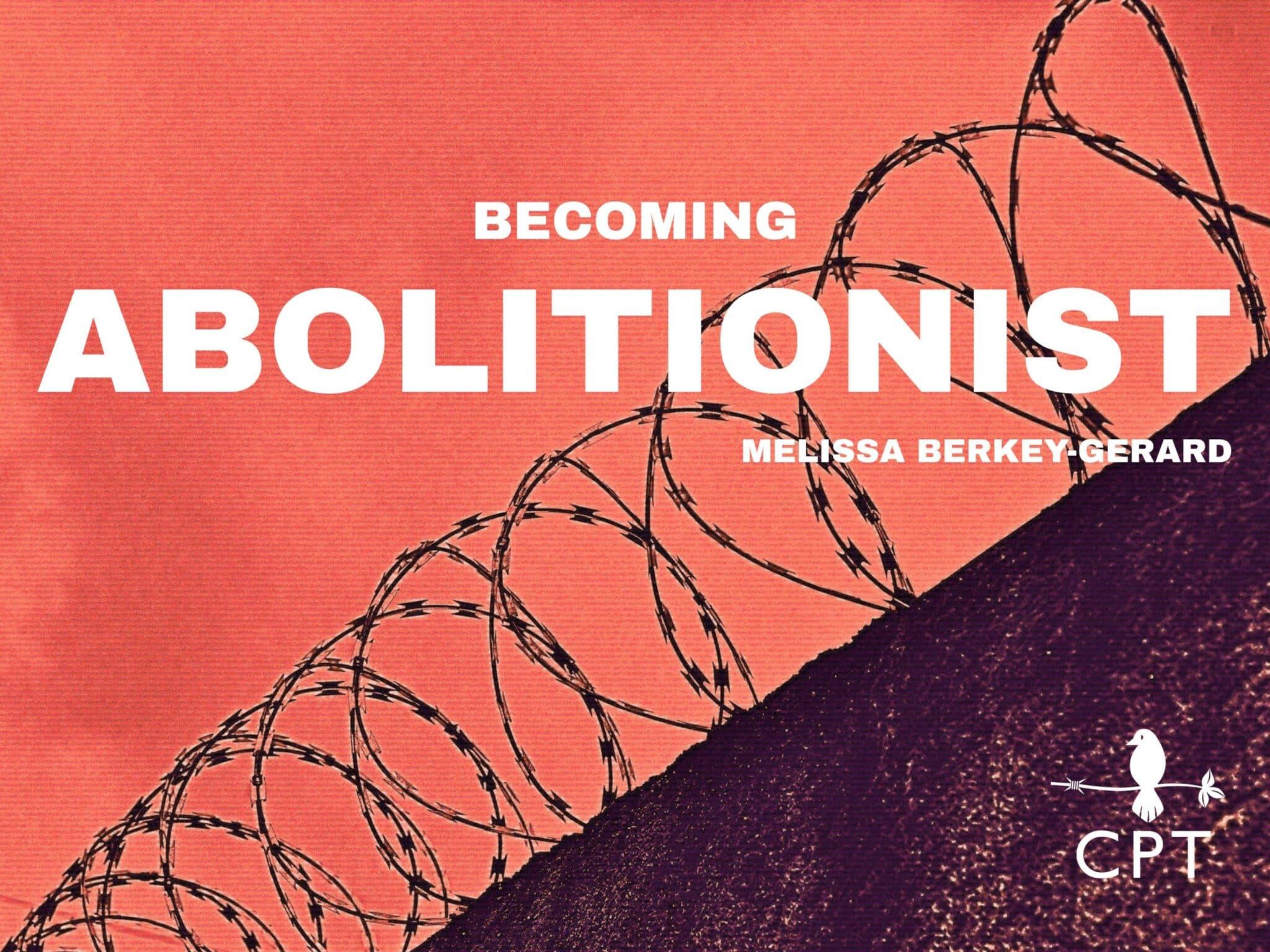Members of the Parliament of the Indigenous Xinka People (PAPXIGUA) gave a press conference on May 8, 2025 in front of the Government Palace in Guatemala City after delivering the results of the community consultation ordered by the Constitutional Court in 2018. The consultation process lasted 7 years, but the resistance against the El Escobal mine, that was arbitrarily installed in the territory, has been ongoing for more than 15 years—with intense moments of repression, including states of siege, attacks and assassinations of their members. Throughout the struggle, the state and corrupt local and international forces have intervened in the consultation process, worked to delay it, spread misinformation, and attempted to modify the results.
This mine has passed through several companies, finally remaining in the hands of the Canadian mining company Pan American Silver, which has yet to respond to the refusal of mining extraction by the Xinka people of Santa Rosa, Jalapa and Jutiapa. The Ministry of Energy and Mines (MEM), the state body in charge of this process, must respond to the will of the Xinka people.
Despite community opposition since 2010, the Ministry of Energy and Mines granted the exploitation license in 2013. Communities organized demonstrations in protest. On May 1, 2013, President Otto Pérez Molina declared a State of Siege, deployed 8,000 soldiers and police, suspended constitutional guarantees, and made numerous arrests. Police and protesters were killed during the State of Seige.
Resistance continued on the streets and in the courts. Judges issued injunctions to suspend mining operations; other judges undid those injunctions. Finally, the highest court of Guatemala (Constitutional Court) ruled on September 3, 2018 that the government must conduct a proper, thorough and transparent consultation with the Xinka people. After stalling by the Ministry of Energy of Mines and the Ministry of the Interior, the consultation was conducted 2019-2025, and the Xinka people have now formally announced their decision. No to silver mining !
With the persistence that characterizes the Indigenous Peoples of Guatemala, the Xinka people said NO! In their statement, PAPXIGUA said: “We deny our consent to the Escobal mining project.” We are now awaiting the response from the corresponding entities, as well as actions and calls for solidarity from the Xinka people. #TheRightToConsentIsRespected

